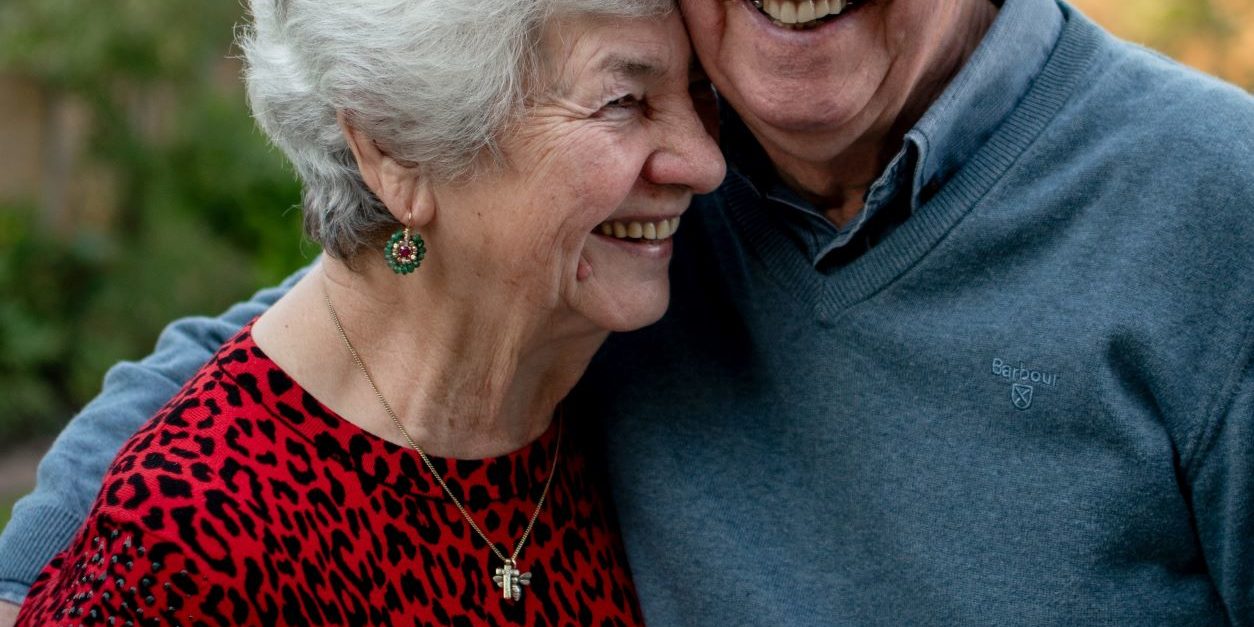People who are older than 60 are generally happier than younger adults and teens, new research has found. According to a survey on happiness and aging by banking giant HSBC, people are the happiest between the ages of 60 and 80. The study acknowledged that we are living longer than ever before thanks to health care advancements and people being more health- and fitness-conscious than before.
The 60 to 80 age group also typically enjoy a better standard of living, but that’s only a small part of the puzzle. Gerontologists call this the paradox of old age. Older people who have lived through and coped with many challenges and losses in their lives are resilient. Scientists say that as people age, they are better able to deal with life’s ups and downs and they are more able to stay positive. In short, they are more resilient when faced with troubles. Even though older adults may be experiencing declines in their physical or cognitive abilities, they feel better about their lives rather than worse, compared to younger adults.
What makes them happy?
Experts say that older adults may be able to stay happier due to their abilities to make the best of the time they have. When people know that their years are limited, they tend to avoid the things that make them angry, stressed or upset. In addition to this, they tend to focus on what makes them happy and the people who are important to them.
As people age, they also place less importance on obtaining money. It only seems to be an important issue to people who are struggling financially, but people who have a steady income stream tend to adapt accordingly with their lifestyles.
Tips for a happy life
There are steps people can take to make their older years happier and fulfilling. After many of years of working hard to reach this point your life, you deserve to do things that will make life more enjoyable. Consider the following:
Focus on abilities – Focus on what you can do and find rewarding, rather than any decline in your abilities.
Accepting aging and adapting to age-related changes is vital to successful aging and well-being, according to a study published in The Gerontologist.
Stay socially connected – Regular social interaction, particularly with your peers, gives you a sense of community and belonging, which strongly contributes to mental health and well-being.
Be actively engaged in life – Active engagement in life through physical, mental and social activities is also important. The key here is being involved with family, friends, clubs, sporting activities and community organizations, rather than spending your time at home on the sofa.
Focus on the positive – As people age, they become better at regulating their emotional health, and looking at experiences and challenges through a positive lens. In memory tests conducted by the Stanford Center on Longevity, older adults recalled more positive images than negative images than younger adults. When shown photos of people smiling or scowling, older adults also recalled the smiling faces more quickly.
Volunteering makes you feel good – Studies have shown that philanthropy and giving back to the community can be a big boost for mental health and happiness. Helping someone else not only benefits the recipient, but the person who is doing the giving. They come away feeling good about helping someone less fortunate.
Learn something new every day – Ongoing, lifelong learning boosts life satisfaction and happiness of older adults, while also improving their physical and mental health. The act of learning, be it through picking up a new hobby or reading, stimulates our brains and helps stave of dementia and other aging-related cognitive decline.
*If you have an insurance need, we have a solution. We provide solutions for home & auto, health and Medicare insurance, life & dental coverage, employee benefits and commercial insurance. Give us a call at 803-286-1161.








